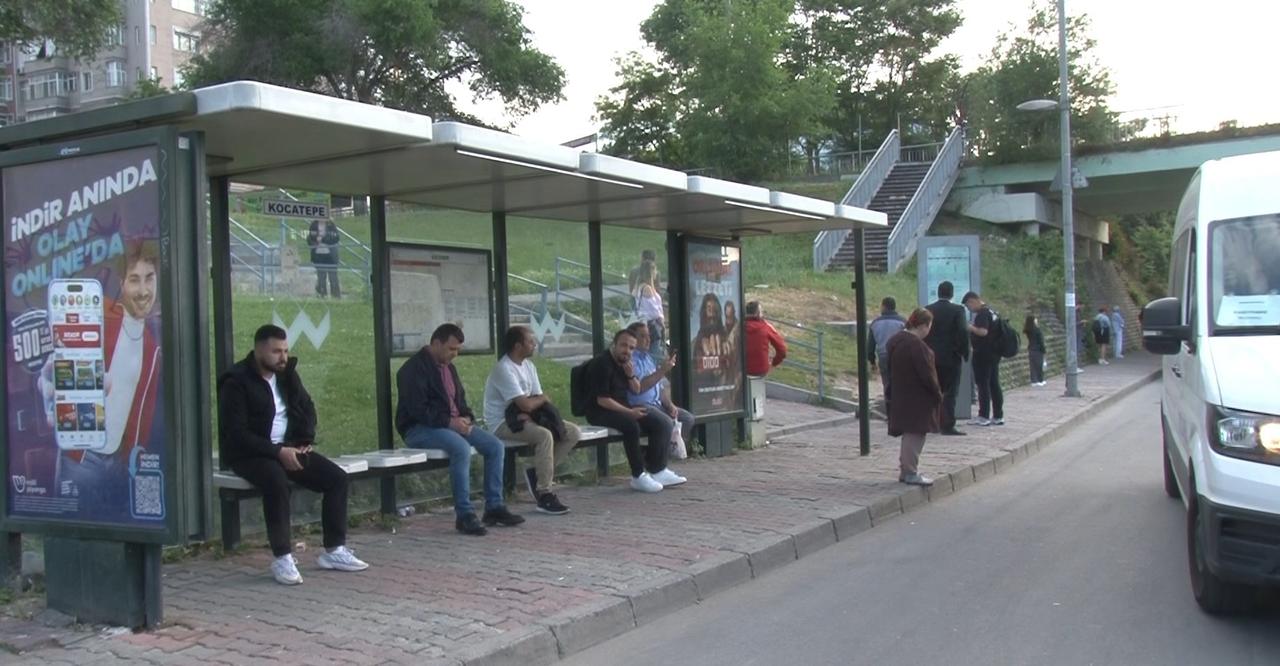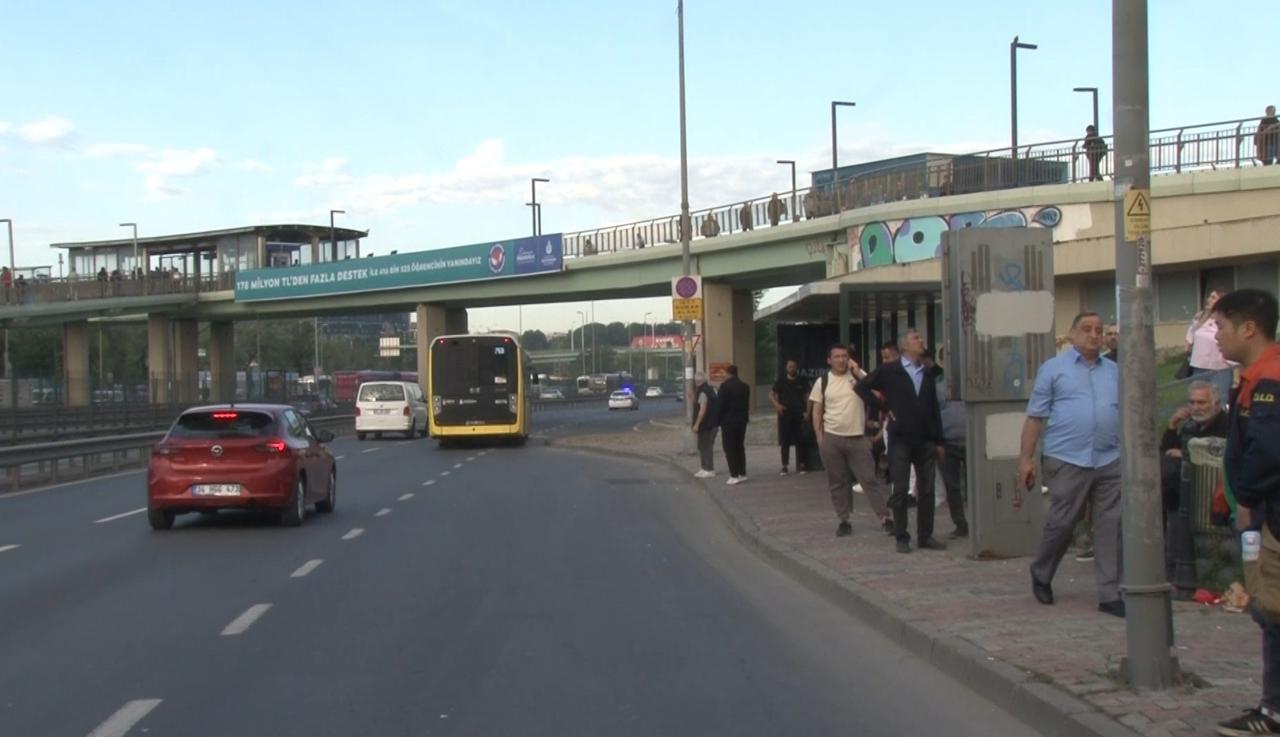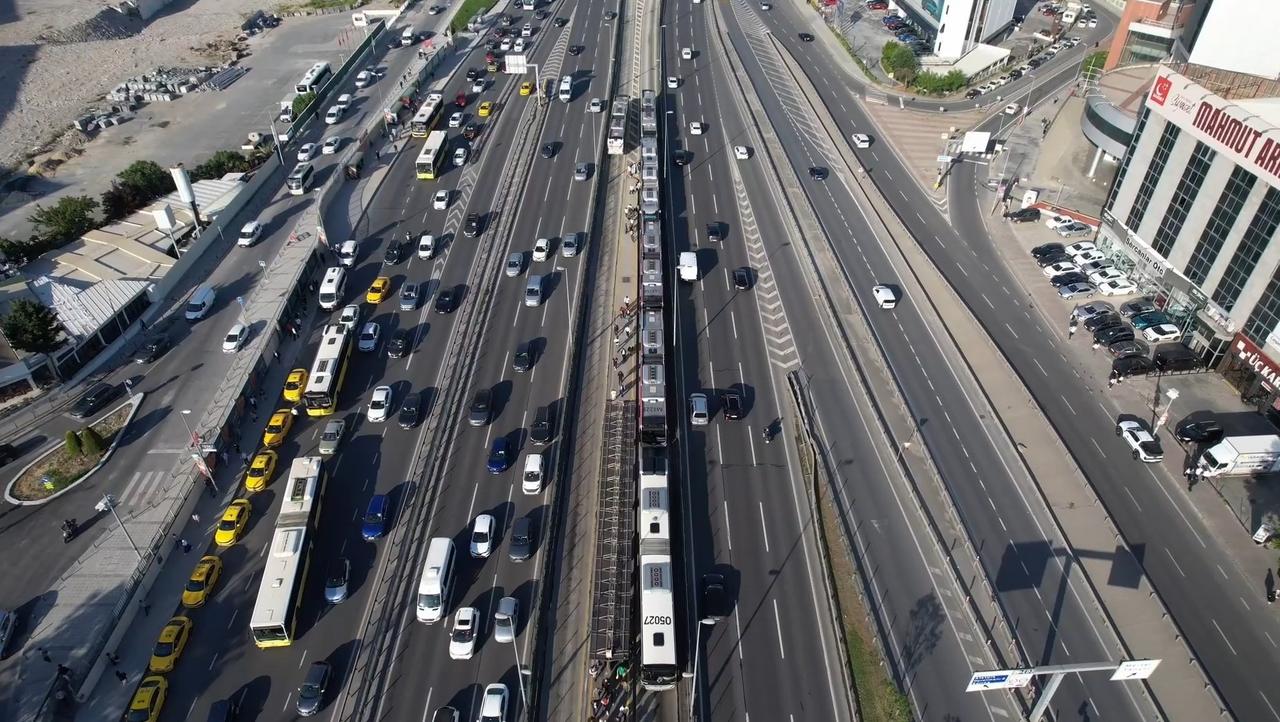
Public transportation in Istanbul came to a partial halt on Thursday, as more than 3,000 private buses suspended their services for an entire day, triggering widespread disruptions across the city.
The decision was announced by the Istanbul Chamber of Private Public Bus Operators on Wednesday, which cited monthslong delays in payments from the Istanbul Metropolitan Municipality as the cause for the one-day strike.
The move sparked chaos during the morning rush hour, with long queues forming at major bus stops across the city. Many commuters, unaware of the strike, waited for buses that never arrived, significantly affecting their daily routines and ability to reach workplaces, hospitals, and other essential destinations.

Passengers voiced their anger and disappointment at being caught off guard. “They are not punishing the municipality, they are punishing the people,” said one commuter. “We’re all getting to work late. I’ve already had to call my office to explain—what else can we do?”
Another resident expressed frustration over the lack of prior warning, saying people were being inconvenienced without even knowing what was happening. A different passenger acknowledged the bus drivers’ right to strike but criticized the scale of the disruption, urging them to also consider the impact on the public: “There are people who can’t get to work, to the hospital, or wherever they need to be.”

Others highlighted the length of the delays, with one commuter saying, “I’ve been waiting here for over an hour. I work in Firuzkoy, Avcilar. We want a solution as soon as possible.”
The Istanbul Chamber of Private Public Bus Operators, which oversees the 3,041 buses involved in the strike, stated that it had not received payments from the city government for several months. According to the drivers, the unpaid dues have accumulated over nearly five months and now exceed ₺5 billion (approximately $128 million).
In Istanbul, private public buses operate under the supervision of the Istanbul Electric Tram and Tunnel Company (IETT) but are owned and managed by individual contractors or cooperatives rather than the municipality itself. While they serve the same routes and use the same fare system as municipal buses, they are operated by private drivers and financed through a different compensation model.
Unlike municipally owned buses, which are fully funded and maintained by the Istanbul Metropolitan Municipality (IBB), private buses rely on monthly payments from the city based on passenger numbers and service contracts.
The mounting financial strain left operators with no option but to suspend services temporarily, the chamber said. Transportation representatives also claim that during meetings with officials from the Istanbul Electric Tram and Tunnel Company (IETT), their demands were dismissed and that they were pressured to remain silent.